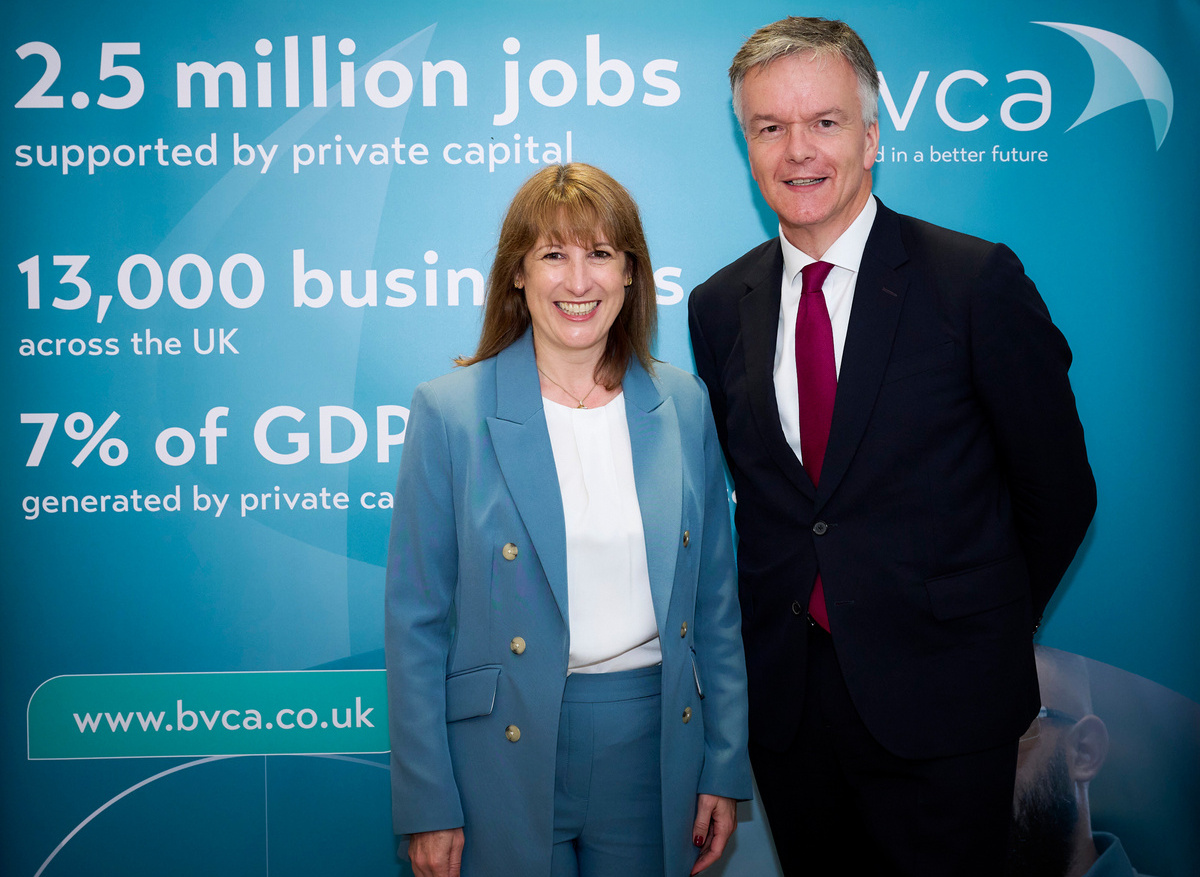Michael Moore's Outlook on getting the sequencing right
Watson and Crick are amongst the most famous of the legendary scientists whose work led to our ability to sequence DNA. I say ‘our’ in the broadest of senses, since my grasp of what is involved is challenged by what I read in Wikipedia, never mind the actual science.
However, I do understand that sequencing matters in more mundane spheres. Take narratives for instance. Call me old fashioned (an increasingly regular charge, in fairness), but reporters tell a story one step at a time, in the order that it happened. Even the worst of the celebrity guests on Strictly Come Dancing tend to get the dance sequences in the right order.
Alas, here in the October edition of the magazine I have to sideline tradition myself and embrace the (slightly) unorthodox. By the time you read this, all the party conferences will be behind us, but as I compose my thoughts, I am still limbering up for the Labour conference in Liverpool in late September and the Conservatives’ the following week in Manchester.
I could speculate on what may happen in the north west of England, but that strikes me as unwise. But something tells me that both occasions will be newsworthy enough for me to return to some reflections next time out. Even if that messes up my preference for neat narrative sequencing.
So instead, I am going to jump ahead to the Budget. A couple of months out some things are already clear. The arithmetic looks tough, perhaps even very tough.
On the plus side, growth in the UK was actually the fastest in the G7 in the first half of the year. Indeed, the OECD have said they now expect the UK to hit 1.4% for the year as a whole, a slight increase on earlier predictions, but accompanied by a more negative outlook on inflation.
So there is no obvious help here for the public finances, which are very tight. And the Chancellor’s fiscal headroom is expected to be reduced further by the technical squeeze arising from an official re-assessment of the trend rate of UK productivity. Painful choices will flow.
At our annual private capital conference, the BVCA Summit, in early September, the chief global economist for HSBC, Janet Henry, had a neat, if challenging, slide setting out the options for the Chancellor. Having ruled out income tax, VAT and corporation tax increases, and been (fairly) robust about not supporting wealth taxes, it seems that freezes on allowances, alongside possible pension relief restrictions, will be at the top of the candidate list for the government.
Others, such as the Confederation of British Industry, have pre-emptively suggested that manifesto pledges on personal taxes should now be ditched. That would be such a major step, that it seems highly unlikely to me, but I get the broader point that we need to avoid a Budget which risks impacting the UK’s economic competitiveness.
Later in the morning at our Summit, I welcomed the Chancellor herself to the stage for a conversation about a range of topics, of which taxation was one. My industry priority was carried interest, specifically to acknowledge the ongoing work to finalise the significant changes being made to the UK system, while recognising the pragmatic efforts by officials on that score.
In response to my question about establishing predictability under the new arrangements over the remainder of this Parliament, Rachel Reeves was clear that she had ‘got the balance right’ on the new approach, a helpful answer to my mind.
More broadly, she was enthusiastic in support of the industry’s efforts to drive investment in high growth sectors of the economy, talking about being ‘on the same side’ as us and having ‘an open door’ to discuss how we can take forward the pensions investment agenda. We took that as encouragement for the ‘NOVA’ proposal to speed up the diligence process for new pension scheme investors, through an official accreditation process.
We will be spending the next few weeks finalising our broader agenda for our Budget submission. And we will link the Chancellor’s investment focus to our desire to see vital schemes like the UK’s SEIS, EIS and VCT arrangements updated to keep them relevant and fit for purpose in all parts of the country. And to address R&D investment with better targeted measures to drive knowledge intensive businesses forward.
After all, if Watson, Crick et al are to be followed successfully in scientific terms, and the UK deliver economic value from them, too, we need to get every bit of this right, especially the political sequencing.
Michael Moore
Chief Executive, BVCA
This article was originally published on 8 October 2025 on the Private Equity News website here.


